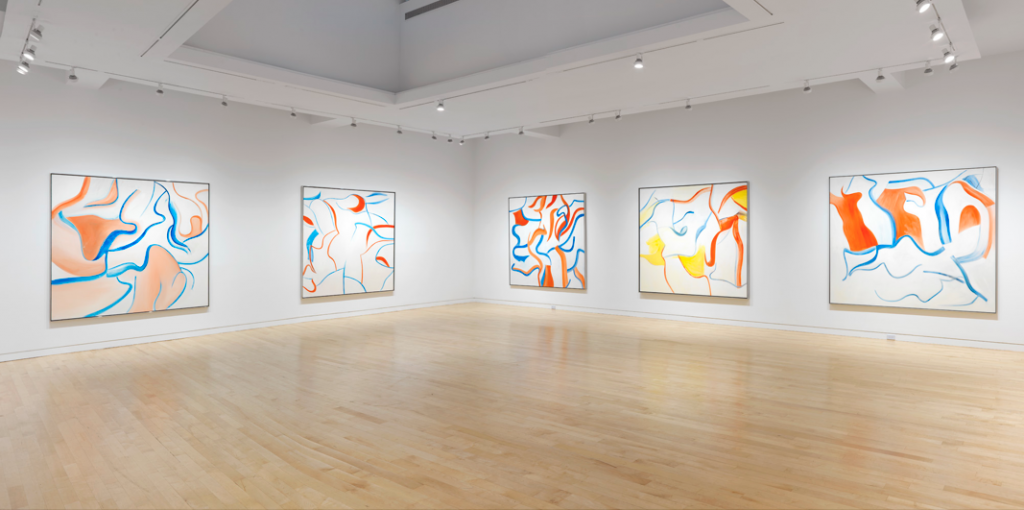
A choir and a De Kooning show inspired this piece for New Scientist, 4 January 2018
This year, stalked by insomnia, I have been going to bed with Melvyn Bragg. More precisely, I have been putting myself to sleep with podcasts of Bragg’s BBC Radio 4 programme In Our Time, the best cultural contexter money can’t buy. On its website there are quizzes to check how much you remember, though I rarely score more than 4 out of 12.
Podcasts, the St John’s College reading list, Wagner’s Ring cycle: I’ve been pouring culture down my throat the way the Danaids filled their bath, and to about the same effect.
According to Greek legend, 49 of King Danaus’s 50 daughters were mariticidal, and condemned to fill a leaky bath in hell, and their lot is an apt metaphor for the human condition. However much we fill our lives, our lives still dribble away. We experience, we learn – but we also forget. Finally, we die.
No wonder death is terrifying. It’s not just me that will perish on my deathbed. With me, a whole world will gutter out.
One day in October, circumstances conspired to bring me a little comfort. The Wellcome Trust invited me along to a rehearsal of Singing with Friends, a community choir for families living with dementia, led by the Wigmore Hall in partnership with Westminster Arts.
Wellcome’s interdisciplinary research group Created Out of Mind are trying to understand (and, where possible, quantify) the therapeutic properties of the arts in dementia care and the care of older people generally.
Paul Camic, a psychologist at Canterbury Christ Church University, Kent, UK, was there to talk me through the research.
Musically inclined readers may already be familiar with the idea that we recall best and most reliably the music we first heard between the ages of 15 and 21.
This choir’s weekly rehearsals (four-part harmonies from a standing start, public performances announced, and a great deal of mutual mickey-taking) reveal something that for my money is much more exciting.
Apparently, musically inclined people are more than capable of continuing their musical education, and achieving command of new material, in even quite advanced stages of dementia.
Is there a general truth to be drawn here? That same morning saw me visiting Skarstedt Gallery in central London, and an exhibition of late canvases by Willem de Kooning.
The American abstract-expressionist’s celebrated and long career ended in an Alzheimer’s diagnosis, and wags in search of a cheap laugh have long suggested that his last, ever-more minimal canvases reflected his mental deterioration.
Face to face with this work, however, it’s clear that de Kooning was developing and exploiting new vocabularies of form, depth and colour right up to his retirement at the age of 86.
Such stories take nothing away from the misery of dementia. I recall vividly, at the Wigmore Hall, the wife of a former jazz musician explaining how her husband, after hours of skilful extemporising around a new theme, would fail to remember how or where to go to the toilet.
Then again, she also told me that attending Singing with Friends was like “coming out”; that for her husband and for the choir as a whole, excellence was still achievable; and that its attainment was all too rarely recognised by a squeamish wider world.
Which is why I’m here typing that most unfashionable thing: a story with a moral. The bath is leaking. But then, the bath was always leaking. Deal with it. Keep going with the buckets. “Pour, pour, against the draining of the bath,” as Dylan Thomas didn’t say.
